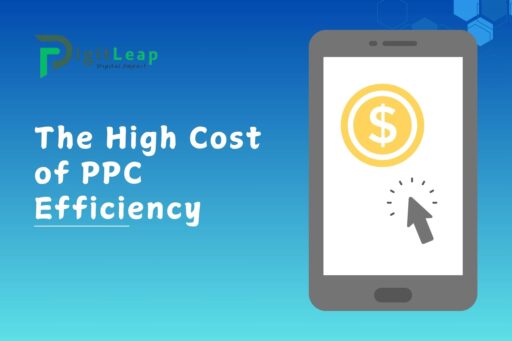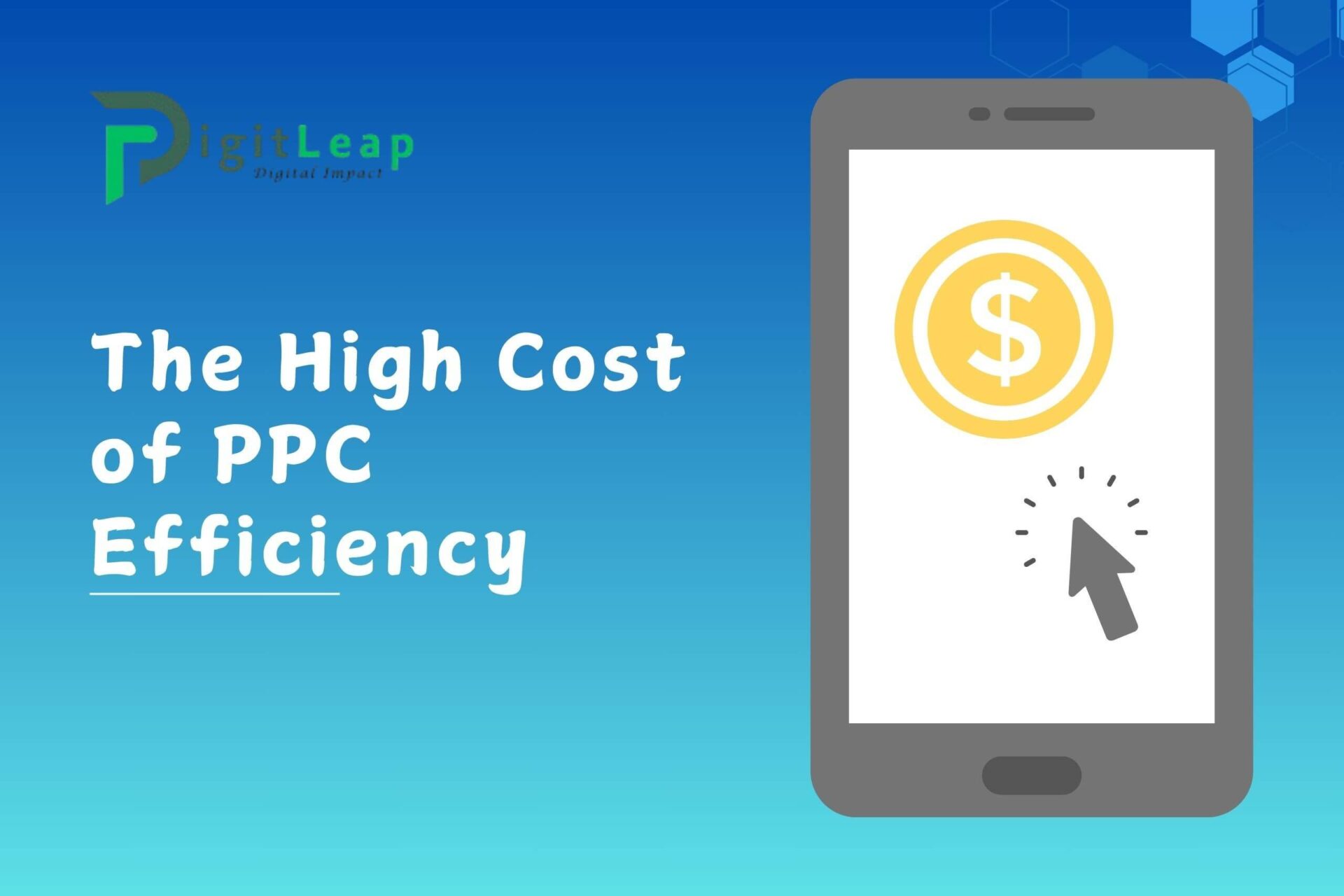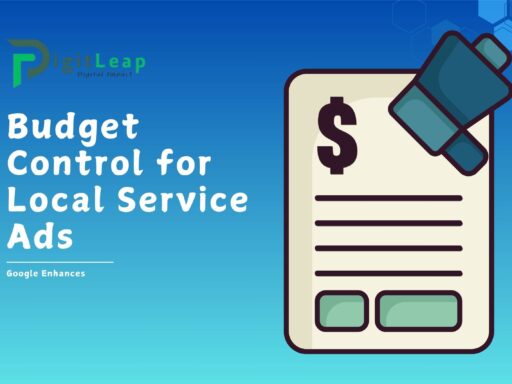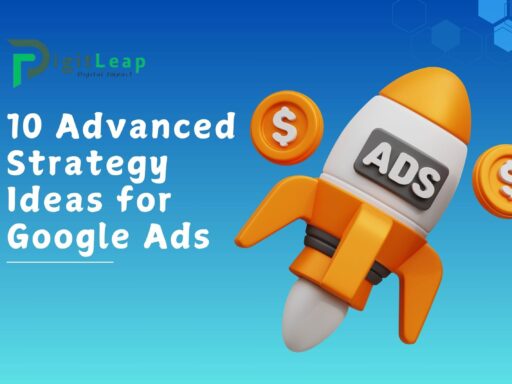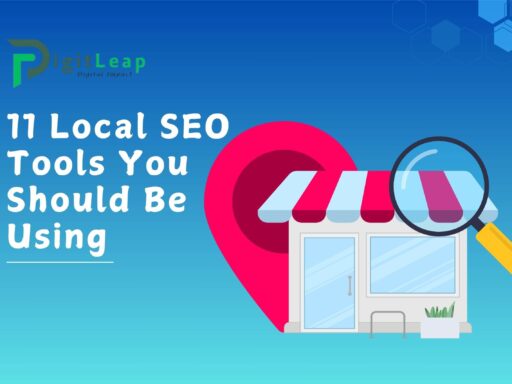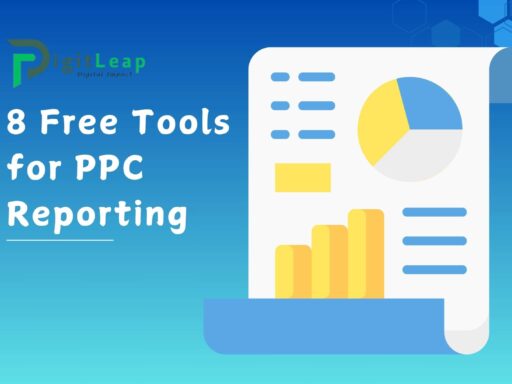Pay-Per-Click (PPC) advertising has become a powerful tool for businesses to drive traffic, generate leads, and increase sales. However, achieving efficiency in PPC campaigns—where every dollar spent results in optimal performance—comes at a price. While PPC campaigns promise fast results, the cost of efficiency can quickly add up, impacting your budget, time, and resources.
In this article, we’ll explore the hidden costs associated with running high-efficiency PPC campaigns, including the investments required in technology, expertise, and constant optimization. Let’s break down why PPC efficiency isn’t just about bidding low or increasing conversion rates—it involves strategic effort, tools, and ongoing adjustments.
1. What Does PPC Efficiency Mean?
PPC efficiency refers to maximizing the return on your ad spend by ensuring that every click contributes to your business goals. It’s about balancing cost-per-click (CPC) with conversions and ensuring that you’re spending only on traffic that delivers measurable results.
Efficient PPC campaigns aim to:
- Lower CPC while increasing conversions.
- Optimize ad copy and landing pages for better quality scores.
- Target relevant audiences to reduce wasted clicks.
- Use automated bidding strategies that align with campaign goals.
While this may sound straightforward, achieving such efficiency demands constant investment, which can increase costs in several ways.
2. Tools and Technology: The Backbone of PPC Efficiency
Achieving PPC efficiency often requires access to premium tools and platforms that assist with:
- Keyword research (e.g., Semrush, Ahrefs)
- Campaign management (e.g., Google Ads Editor, Facebook Ads Manager)
- A/B testing and conversion tracking tools
- Analytics platforms like Google Analytics 4 for in-depth data
These tools provide essential insights and automation capabilities, but they come with subscription fees that can quickly add up. Moreover, integrating these tools with your campaigns requires technical expertise, increasing the overall cost.
Pro Tip: If you’re running multiple campaigns, investing in an all-in-one PPC platform can reduce the complexity, but be prepared for high subscription fees.
3. Expertise Comes at a Premium
Running an efficient PPC campaign requires a mix of technical knowledge, strategic thinking, and experience. Most businesses lack the internal expertise needed to optimize campaigns for efficiency, leading them to hire agencies or consultants.
Agencies and PPC experts help by:
- Conducting thorough competitor and keyword analysis.
- Implementing advanced bidding strategies, such as target ROAS or CPA bidding.
- Continuously A/B testing ad creatives to find the best performers.
However, top-tier PPC specialists come with high fees, and hiring an in-house team involves paying for salaries, training, and tools. While these investments can improve results, they are long-term expenses that need to be accounted for in your budget.
4. Automation and Smart Bidding: Not a Free Ride
Google Ads and other platforms offer smart bidding strategies, such as enhanced CPC and target ROAS, which use machine learning to automate bids for optimal results. While automation can save time and improve campaign performance, it often leads to:
- Higher initial costs: Machine learning algorithms need time to gather enough data to perform effectively. During this learning phase, campaigns may overspend to gather insights.
- Increased dependency on platform data: Automation locks you into relying heavily on Google’s AI, reducing your ability to make manual adjustments that could save costs in certain cases.
Additionally, achieving optimal results from automated bidding often requires higher budgets, especially in competitive industries.
5. The Hidden Costs of A/B Testing and Optimization
Efficiency in PPC campaigns is not a one-time achievement—it’s a continuous process of testing and refining. A/B testing different ad copies, landing pages, and CTAs is essential to improving performance, but it comes with hidden costs:
- Time and resources: Each test requires planning, execution, and analysis, which can be labor-intensive.
- Ad spend waste: Some experiments will fail, and those failed tests still cost money in the form of clicks that don’t convert.
- Delays in scaling: While testing improves efficiency over time, it can slow down scaling efforts because changes must be gradual to avoid campaign disruptions.
While A/B testing is crucial for long-term success, the time and money spent on experimentation can feel like a burden, especially for smaller businesses.
6. Competitive Bidding Drives Up Costs
In industries with high competition, achieving PPC efficiency becomes even more challenging. Competitors increase bids for the same keywords, driving up the average CPC and making it harder to maintain profitability.
- Example: In industries like insurance or legal services, CPCs can go as high as $50 to $100 per click.
- Impact: Even with highly optimized campaigns, businesses must increase their budget just to compete, leading to higher ad spend over time.
Efficiency in these sectors often means narrowing down your audience and focusing on highly specific long-tail keywords—which requires extra effort in research and monitoring.
7. The Cost of Conversion Tracking and Attribution Models
Accurate conversion tracking is essential for PPC efficiency. However, implementing advanced tracking methods—like multi-touch attribution—can be costly and complex.
- Third-party tracking tools often charge a premium to integrate with your campaigns.
- Attribution models that account for multiple touchpoints (such as first-click and last-click models) require more data and analysis, leading to higher operational costs.
Without proper tracking, businesses risk wasting ad spend on campaigns that don’t drive meaningful results. However, the costs of setting up and managing these tracking systems can eat into your budget.
8. Managing PPC Campaigns Across Multiple Platforms
Many businesses run PPC campaigns on multiple platforms, such as Google Ads, Facebook, Instagram, LinkedIn, and Bing. Managing these campaigns efficiently requires:
- Platform-specific expertise (since each platform has its own best practices).
- Multiple ad budgets across different platforms.
- Consistent monitoring and optimization to ensure alignment with business goals.
The more platforms you manage, the more time, money, and resources you need to maintain efficiency.
9. Click Fraud and Invalid Clicks
Another hidden cost of PPC campaigns is click fraud—where competitors or bots click on your ads to waste your budget. Even with Google’s invalid click protection, click fraud can still slip through the cracks, especially in industries with high CPCs.
Businesses may need to invest in third-party fraud detection tools to monitor and block invalid clicks, adding another layer of expense to their PPC strategy.
10. Diminishing Returns Over Time
PPC efficiency can also decline over time due to ad fatigue. When the same audience sees your ads repeatedly, click-through rates (CTR) decrease, and conversions drop. Maintaining efficiency requires:
- Refreshing ad creatives regularly to keep them engaging.
- Introducing new campaigns to target different audiences.
- Increasing budgets to stay competitive, especially during peak seasons.
These efforts demand constant attention, making it difficult to maintain efficiency without ongoing investments.
Conclusion
While PPC advertising offers tremendous opportunities for businesses, achieving efficiency comes at a high cost. From investing in premium tools and expert help to dealing with automation challenges and competitive bidding, the path to PPC efficiency requires ongoing effort and financial resources. It’s not just about lowering CPCs or increasing conversions—it’s about building a comprehensive strategy that balances costs with results.
At DigitLeap, we’ve helped clients navigate the complexities of PPC campaigns, ensuring every dollar is spent wisely. Our experience shows that true PPC efficiency requires a long-term investment in tools, expertise, and data-driven optimization. If you want to get the most out of your PPC campaigns, be prepared to make the right investments—and we’re here to help guide you every step of the way.
FAQs
1. How can small businesses achieve PPC efficiency without a big budget?
Focus on long-tail keywords, narrow audience targeting, and leverage free tools like Google Analytics.
2. Is automation always worth the cost for PPC campaigns?
Automation can improve performance, but it requires a learning phase, which may increase costs initially.
3. How often should I refresh my PPC ads?
Refresh ads every 6-8 weeks or whenever CTR drops, indicating ad fatigue.
4. How can I prevent click fraud in my campaigns?
Use Google’s invalid click protection and consider third-party fraud detection tools.
5. What’s the biggest challenge of running PPC campaigns on multiple platforms?
Managing budgets and maintaining consistent performance across platforms can be time-consuming and expensive.

